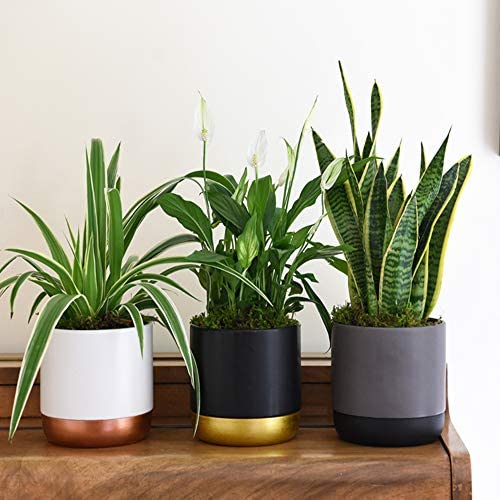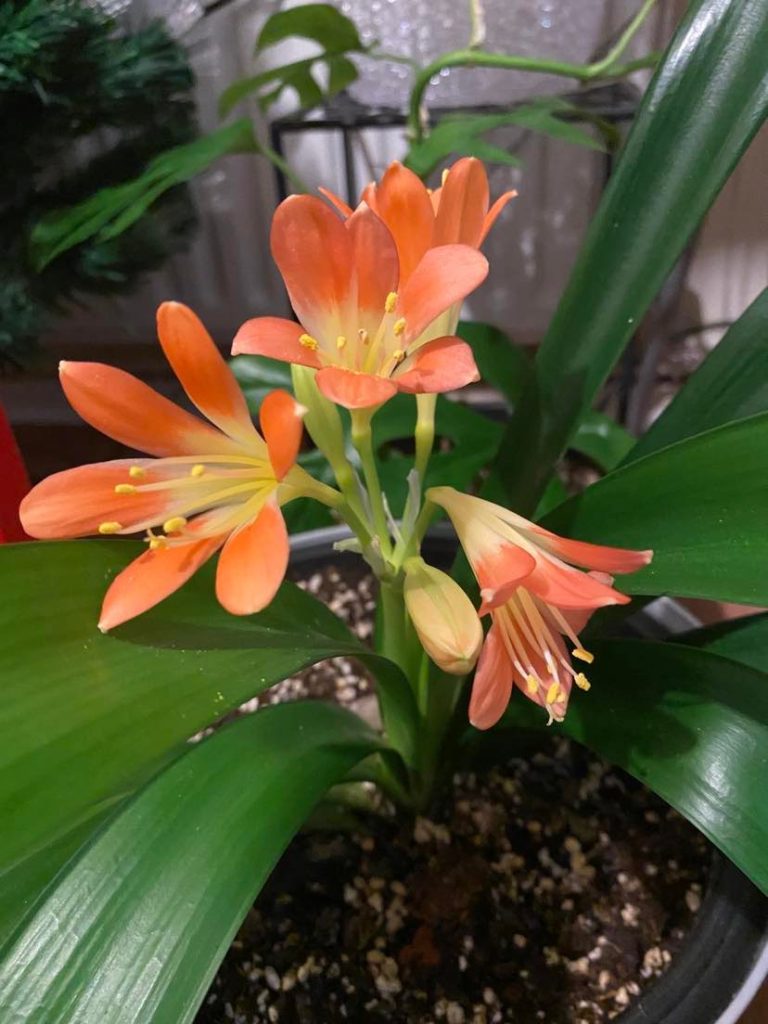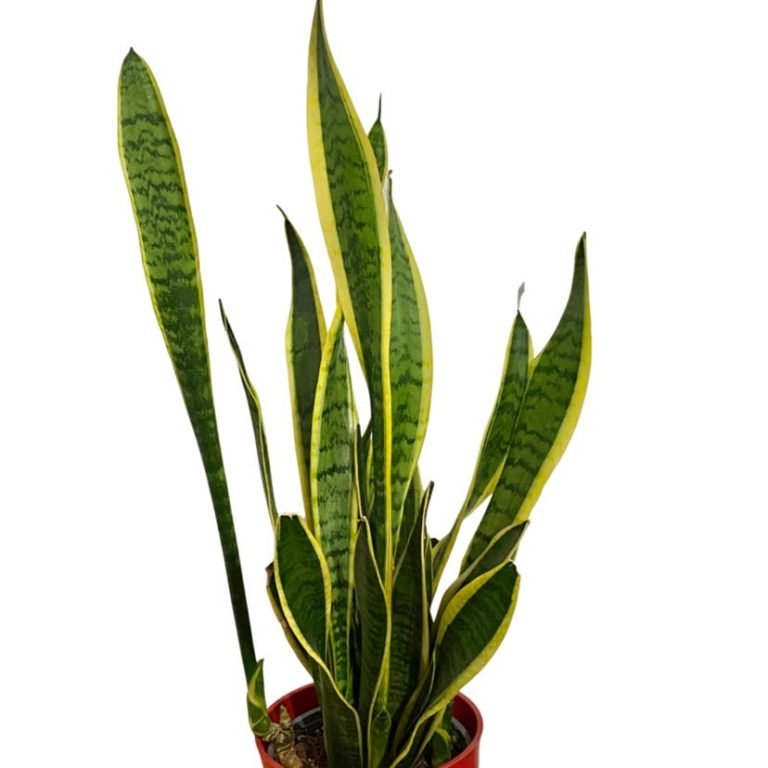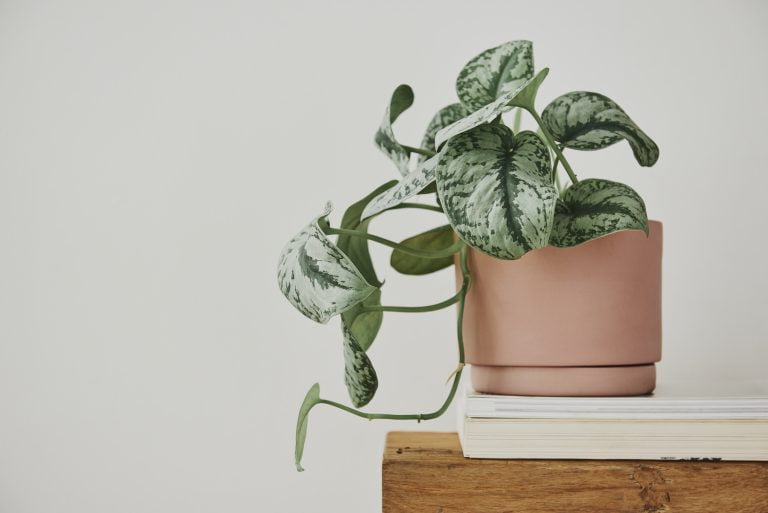Enhance your Indoor Air Quality with Houseplants
Poor air quality can have negative effects on your health, such as causing respiratory problems, allergies, and other health issues. By improving the air quality in your home, you can help to reduce your risk of these health problems.
Houseplants can help you breathe better in many ways:
- It can absorb carbon dioxide and release oxygen: During photosynthesis, plants absorb carbon dioxide from the air and release oxygen as a byproduct. This process helps to improve the air quality in your home by increasing the amount of oxygen available for you to breathe.
- Remove pollutants from the air: Many houseplants are effective at removing pollutants from the air, including volatile organic compounds (VOCs), which are gases emitted by products like paints, carpets, and furniture. By removing these pollutants from the air, houseplants can help to improve the air quality in your home.
- Increase humidity: Some houseplants release water vapor into the air through a process called transperspiration. This can help to increase the humidity in your home, which can be beneficial for your respiratory system. Dry air can irritate your throat and make it more difficult to breathe, but increasing the humidity can help to moisturize the air and make it easier to breathe.
- It can reduce stress: In addition to their air-purifying abilities, houseplants have been shown to have a calming effect on people. This can help to reduce stress and improve overall well-being, which can in turn help you to breathe better.
By adding houseplants to your home, you can help to improve the air quality, reduce pollutants, and increase humidity, all of which can contribute to better breathing.
Several Ways to Keep your Air Clean with Houseplants:
- Choose plants that are known for their air-purifying abilities. Some good options include spider plants, peace lilies, and snake plants.
- Place plants in areas of your home where they will be most effective at purifying the air. For example, place a plant near a desk where you spend a lot of time or near a window where it can receive plenty of sunlight.
- Water your plants regularly and make sure they have proper drainage to prevent root rot.
- Keep your plants healthy by fertilizing them and pruning them as needed.
- Use a small fan to circulate the air around your plants. This will help them to release more oxygen and remove more pollutants from the air.
- Avoid using pesticides or other chemicals near your plants, as these can harm both the plants and the air quality.
- Keep your plants clean by dusting their leaves regularly. This will help them to absorb more pollutants from the air.
- Consider using a humidifier to increase the humidity around your plants. This can help to keep the air in your home moist and reduce the amount of dry, stagnant air.
- Don’t overcrowd your plants. Make sure they have enough space to grow and thrive.
By following these tips, you can help to keep your air clean and healthy with the help of your houseplants.







